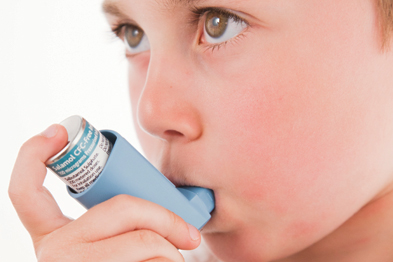The increase in temperature in the atmosphere is referred to more specifically as global warming. But climate change is the term currently preferred by scientists, because it not only includes the average increasing global temperature of the Earth, but also the climate impacts caused by this increase.
Any gas, which has the property of absorbing the infrared radiation emitted from the Earth's surface and re-radiating it to the Earth's surface, is called a greenhouse gas. Carbon dioxide, methane and water vapor are among the most important greenhouse gases. Other greenhouse gases include, but are not limited to, surface ozone level, nitrous oxide, sulfur hexafluoride, hydrofluorocarbons, fluorocarbons, and CFCs.

Although global warming occurs naturally, it is warming the Earth's surface and the troposphere - the lowest layer of the atmosphere. Among the greenhouse gases, water vapor has the largest effect.
Some of the significant causes of global warming impacts include the burning of fossil fuels such as coal, oil and natural gas, deforestation, population growth, agriculture, industrial waste and landfills.
Greenhouse gases trap heat in the atmosphere. With higher than normal concentrations, it leads to an abnormal high temperature. The main cause of the current global warming trend is the human expansion of global warming, which is the warming that results when the atmosphere traps heat radiated from the Earth towards space.
Even a slight increase in global temperature could lead to worrying consequences such as rising sea levels, population displacement, disruption of food supplies, floods, and ill health effects. Indeed, human health bears the brunt of the consequences of climate change.
The ill effects of climate change on health
Climate change can affect human health mainly in two ways: first, by changing the intensity or frequency of health problems that are already affected by climate factors, and second, by creating health problems in places where they did not occur before.
Effects of increasing the temperature
Increased greenhouse gas concentrations increase the average maximum and average temperatures. This can harm the body's ability to regulate its temperature. Loss of internal temperature regulation can lead to a series of illnesses, including heat cramps, heat stress, heatstroke and hyperthermia in the presence of extreme heat, hypothermia and frostbite in the presence of extreme cold. Extreme temperatures can exacerbate chronic conditions such as cardiovascular disease, respiratory disease, cerebrovascular disease, and conditions related to diabetes.
People who work outdoors, socially isolated, economically disadvantaged, and those with chronic illnesses are more vulnerable to the impact of overheating.
Air quality impacts
Climate change has altered weather patterns, which in turn affected the levels and location of external air pollutants such as ground ozone (O3) and fine particles. Increased levels of carbon dioxide (CO2) also promote the growth of plants that release airborne allergens. Higher pollen concentrations and longer pollen seasons can increase allergic reactions and asthma attacks, thus reducing productivity at work and school. Poor air quality, both outdoors and indoors, can negatively affect a person's respiratory and cardiovascular systems.
We humans are major reason for this. we do injustice with the nature and nature will never do justice with us.
Downvoting a post can decrease pending rewards and make it less visible. Common reasons:
Submit